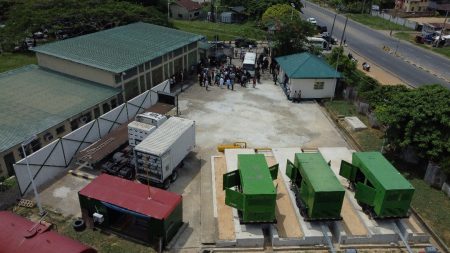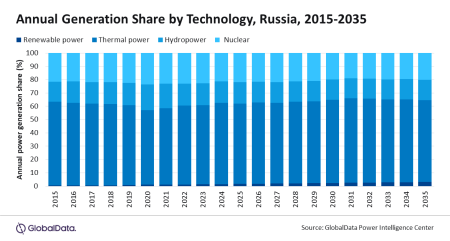04 June 2012, Sweetcrude, Yenagoa – The Nigerian Electricity Regulatory Commission (NERC) has urged stakeholders and electricity consumers in Bayelsa State to accept the newly introduced price regime.
It explained that the increase was due to the hike in the cost of natural gas supply, depreciation of the naira and the need to reduce unnecessary consumption of power.
But some stakeholders at a sensitization meeting on the June 1st commencement of the new price regime held in Yenagoa disagreed with the position of the NERC insisting that the new increase electricity tariff would lead to more sharp practices in the sector.
They argued that it would amount to putting the cart before the horse for the government to increase price without first improving power supply in the country.
Speaking in their separate presentations during the meeting, the Chairman and Chief Executive Officer of NERC, Dr. Sam Amadi represented by the Commissioner, Government and Consumer Affairs, Dr. Abba Ibrahim, called on the stakeholders to support the transformation in the sector saying it was the responsibility of all to make it work.
The price regime, according to him, was designed to eliminate payment for metres adding that the cost of the equipment had been included in the Multi Year Tariff Order.
He said, “The rationale behind the price increase was increase in natural gas supply and transport price; inclusion of tariff for coal-fired generation; increasing inflation rate and depreciation of naira and the need to reduce unnecessary consumption and wastages.
“As from June, no consumer will be asked to pay for metre and transformer. We have the responsibility to transform the power sector because in one way or the other, we have contributed in collapsing the sector,” he said.
On the rising cases of accidents associated with electrical installations in the country, the NERC through a paper presented by an expert in the Engineering Standard and Safety Division of the Commission, Mr. Sunday Obi, entitled, “Health and Safety” said the development was due to public disregard to safety.
He noted that the various electricity-related accidents that occurred in different parts of the country in 2010 resulted in the death of 93 persons.
According to him, “The commission received 228 reports of incidents in 2010. 73 cases of injuries were recorded in the year under review. February accounted for the highest number of death with 22 victims.”
He noted that it was in the month that wire snapped from a power line in Port Harcourt, Rivers State, killing 16 persons.
Obi cited breaching the right of way of power lines by electricity consumers as the major cause of the accidents stressing that an illegal bus stop constructed under a power line was the reason behind the death toll that was recorded in the Port Harcourt incident.
Others he said include cases of illegal connections, conducting business under the high tension, tampering with electrical installations and felling trees near power lines.
To prevent such mishaps he said people should learn to obey relevant laws guiding electricity usage in the country and warned against encroaching on the right of way of electrical installations.
“Stop building under high tension over head lines; Stop parking under high tension over head lines; Stop dumping refuse inside and around sub-station and stop occupation of electrical facilities. We must conduct our undertaking in a way as to ensure that we are not exposed to risks,” he warned.




